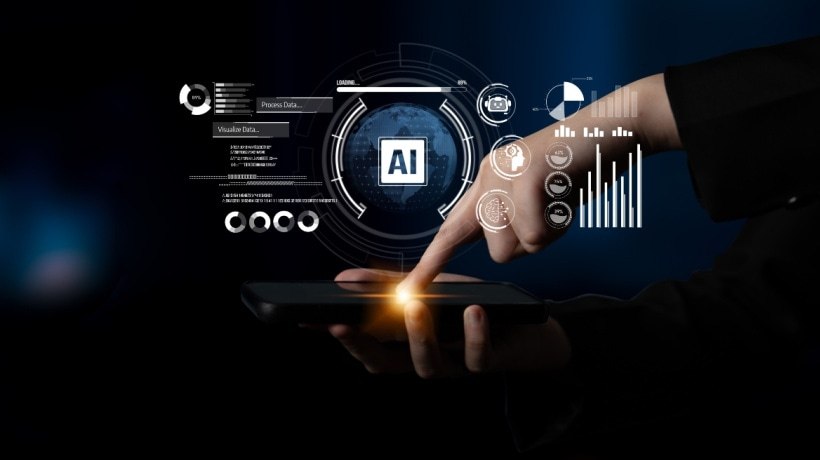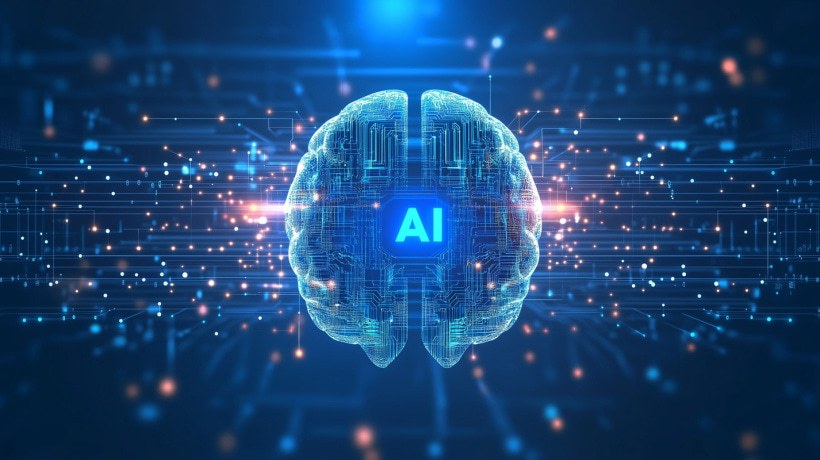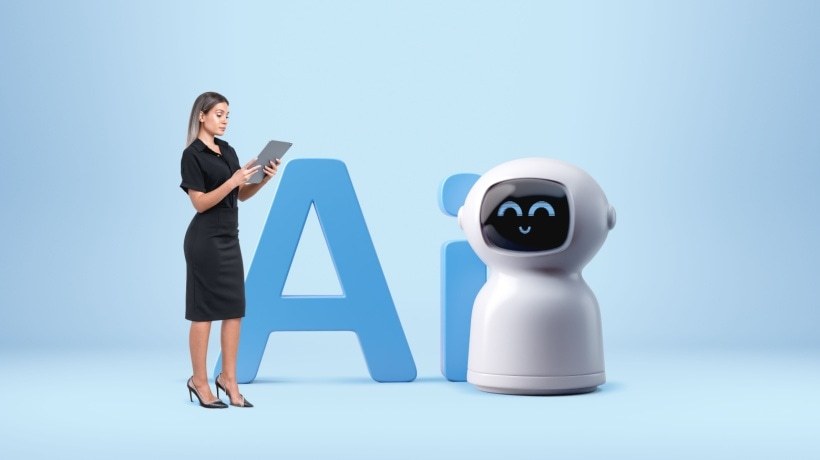Using AI In An LMS
The world is in something of an Artificial Intelligence (AI) gold rush—and the eLearning sector is certainly no exception. Everybody is searching for ways to use AI in an LMS to give themselves the edge or stretch their budget. While AI no doubt has a key role to play in the future of LMSs for many years to come, in this article, we're going to look at how you can harness the power of AI in an LMS for skills development right now. Some of the best AI features for LMSs are increasingly available as standard within platforms. Others require some degree of integration. Let's examine all the best ways of utilizing AI in an LMS today.
How To Use AI In An LMS For Skills Development
Personalized Learning Pathways
Perhaps the most effective piece of AI for skills development is a relatively long-standing LMS feature: personalized learning pathways. AI typically analyzes each learner's role, previous learning, performance data, and career path to create an automated learning pathway tailored to the individual.
The benefit is that learners get highly relevant, role-based learning recommendations that meet individual and organizational goals. This has a knock-on effect in higher engagement levels, as well as a substantial saving of time and resources that would otherwise be spent on planning pathways and assigning learning.
Recommendations Engines
We're so familiar with recommendation engines from online shopping and social media that we sometimes forget that they are examples of AI. LMS recommendation engines have improved dramatically in recent years and now offer sophisticated recommendations based on in-depth data. For example, a Machine Learning recommendation engine can explores learner profiles, their recently viewed content, and average completion time to generate personalized recommendations for each learner.
As well as these personalized recommendations, it also curates content to engage learners. This could include trending content of the most viewed courses, resources, or playlists. Equally, it could be based on popular activities with an average completion time of less than five minutes that learners can complete when they have a few minutes to spare. AI can also scan open learning resources, such as YouTube, blogs, and third-party learning content providers, to recommend tailored learning from a broad spectrum of sources without overwhelming learners with limitless choices.
Adaptive Learning
An incredibly effective way to use AI for skills development is through the use of adaptive learning and adaptive tests. This is when algorithms and the AI in LMS automatically update learning content based on performance. For instance, if a learner answers a question correctly in an assessment, they will be served a similar or slightly more challenging question. If they answer incorrectly, they would get an easier or more basic question next.
AI can similarly be used to quickly test a learner's knowledge and engagement levels in real time. Platforms can create dynamic quizzes and questionnaires based on text. These quizzes will adjust based on performance, just like other forms of adaptive learning. In this way, AI adapts the learning experience to match each learner's current knowledge level. It continues to adapt as their knowledge increases. This results in less frustration and fewer morale-sapping learning experiences. Learners can progress at their own pace with personalized feedback that boosts their confidence.
Automated Grading
AI-powered automated grading has obvious benefits for L&D teams, given how much admin time and resources are saved. But in this article, we're specifically looking at AI and skills development—and automated grading also helps in this regard. With automated essay grading or performance assessment, AI gives learners instant, continuous, and personalized feedback. This enables them to progress quickly through learning pathways without having to wait for approval or grading.
AI Chatbots
AI chatbots are a common sight on many websites now, and they're also becoming prevalent in LMSs. The chatbot effectively becomes a coach for each learner. It can respond to questions and prompts to help learners along their way. Instead of trawling through a catalogue, a learner might simply search: "How can I learn how to x?" The chatbot can instantly create a curated learning pathway to help the learner develop the skills they need.
AI chatbots can also be embedded within course pages, where they can offer encouragement and reminders based on a learner's progress or a period of inactivity. Chatbots can help increase motivation and engagement, while also making it easier to access relevant learning.
Data Analysis
AI can very quickly enhance the power of your LMS reporting system. Building on the data collected by your LMS, AI can analyze patterns in your LMS data to predict interventions that are needed to improve skills development. This could involve identifying learners who are at risk of failing or dropping out of a specific course. Equally, it could highlight skills development needed to address individual or organizational skills gaps. The result is that AI can improve skills development outcomes using data that is already being captured, and at little or no extra cost to the organization.
Conclusion
AI and the future of LMSs are now intertwined, and it's difficult to imagine that changing. As we've discussed, there are already a wide range of ways in which this new technology can be deployed to improve the way you use your LMS for skills development. These AI features already offer time-saving and money-saving shortcuts, but, crucially, also better skills development outcomes. Those benefits will only increase as AI technologies continue to develop at pace.










